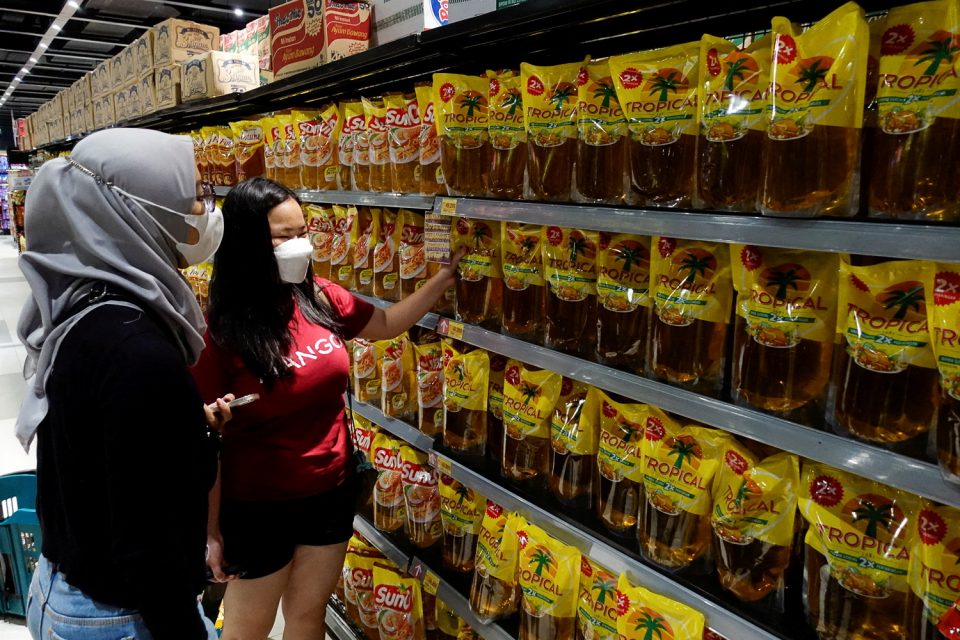KUALA LUMPUR, May 25 — A total of RM1.6 billion is needed for the implementation of the Cooking Oil Stabilisation Scheme (COSS) this year, according to Deputy Domestic Trade and Cost of Living Ministry (KPDN) Minister Fuziah Salleh.
She said the amount of the updated allocation is based on the policy to provide a total of 60,000 tonnes or about 60 million packets of one kilogramme (kg) cooking oil.
“In general, the amount of the allocation or the funds for the subsidised cooking oil is based on the movement of the crude palm oil (CPO) price. Therefore, if there is an increase in CPO, the funds needed to implement the programme will also increase.
“The allocation that has been updated to implement COSS in 2022 is as much as RM2.42 billion in additional subsidies, while for 2023 the amount (allocation) required is estimated at RM1.6 billion and subject to the movement of the CPO price,” Fuziah said.
She was responding to a question from Kepong MP Lim Lip Eng, who asked about the amount of funds and tonnes of subsidised cooking oil approved in 2022 and 2023 as well as the names of the companies given the approval, during the question-and-answer session at the Dewan Rakyat earlier today.
Fuziah said previously the amount of allocation or funds announced through the Budget for the implementation of COSS was as much as RM400 million for 2022 and RM500 million for 2023.
Touching on the provision of subsidised cooking oil, she said KPDN has appointed 366 packaging companies nationwide to supply subsidised cooking oil to the market.
To a supplementary question from Hulu Terengganu MP Datuk Rosol Wahid regarding the delay in payment of claims demanded by the packers which affected the supply of cooking oil in the market, Fuziah said KPDN had taken proactive steps by introducing the ECOSS system to overcome the issue.
“This digital system needs to register all refineries, repackers, wholesalers, and retailers so that we can regulate the entire supply chain. So the previous situation involving false claims will no longer happen.
“So this process takes a little time and that is one of the reasons for the delay, but the problem has been resolved and Insya-Allah there will be no more payment delays in the future,” she added.
— Bernama





